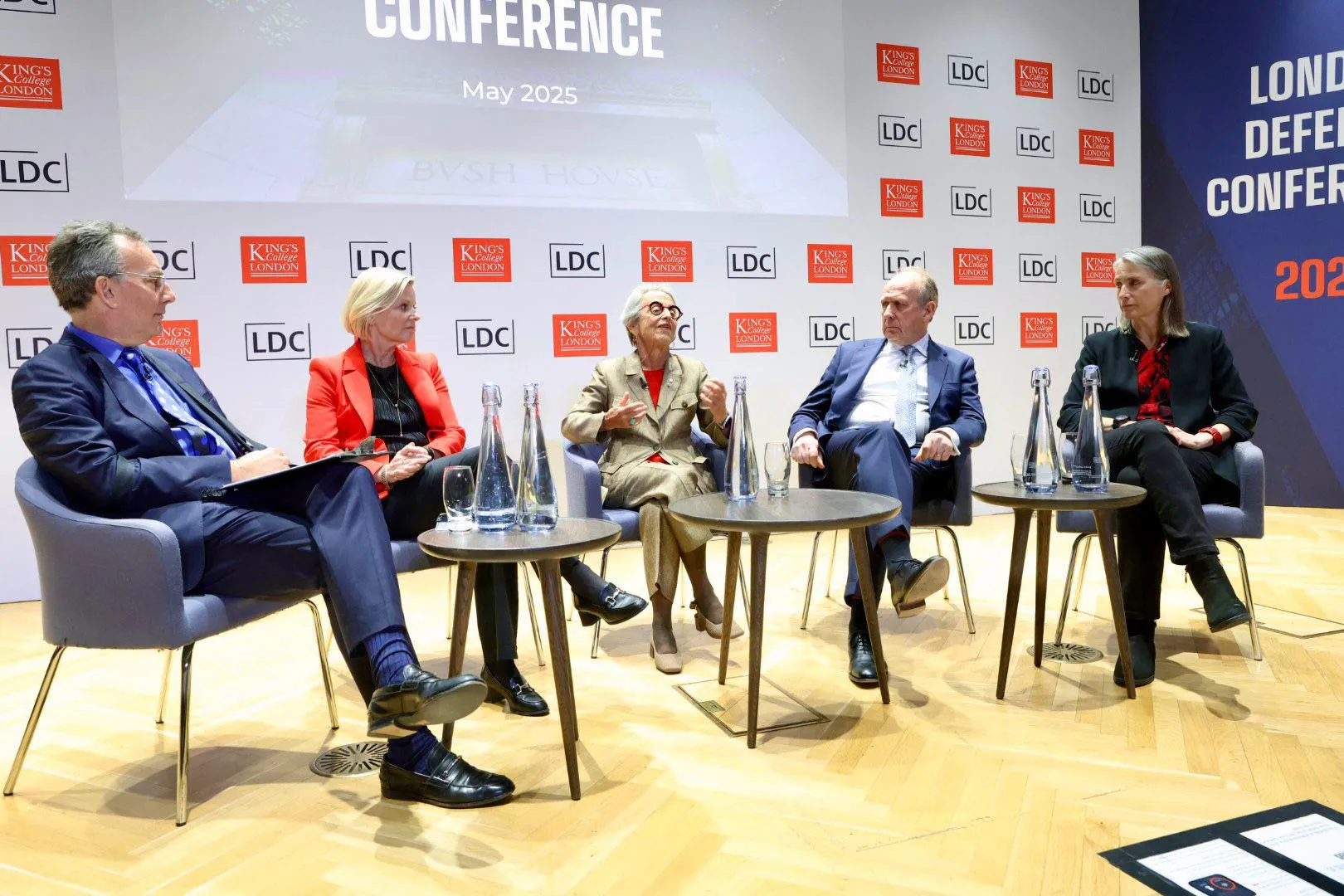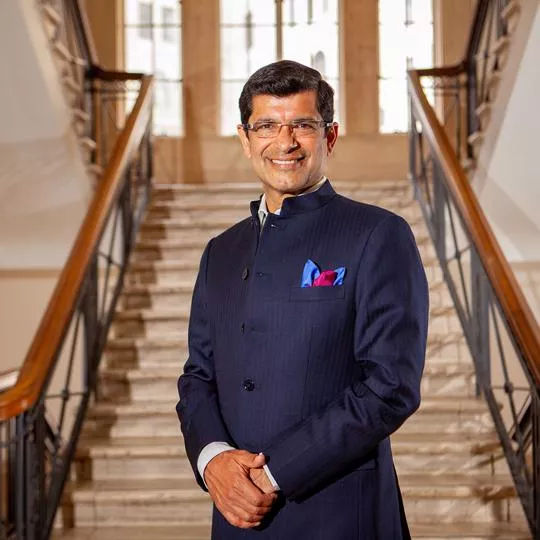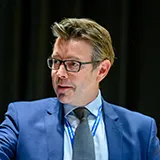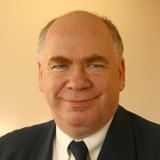Make no mistake, I will always act in our national interests for workers, businesses and families to deliver security and renewal for our country.
UK Prime Minister Sir Keir Starmer
08 May 2025
Day 1: London Defence Conference 2025 at King's
Leading political figures and experts in security and defence from around the world are uniting at King’s to address some of the most important geopolitical challenges.
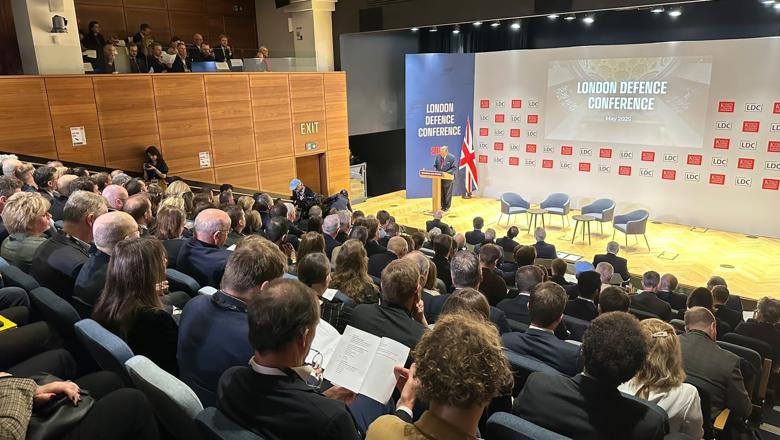
Leading political figures and experts in security and defence from around the world are uniting at King’s to address some of the most important geopolitical challenges.
The London Defence Conference (LDC) has returned to King’s College London today, coinciding with the 80th anniversary of Victory in Europe (VE) Day.
In an opening address, UK Prime Minister Sir Keir Starmer announced a boost in UK defense spending and “major overhaul” of the British armed services – while paying tribute to veterans of World War Two, drawing stark parallels with the present day.
Starmer said an investment in British pride and the British people would “build a nation that once again lives up to the promises made to that generation who fought for our values, our freedom and our security.”
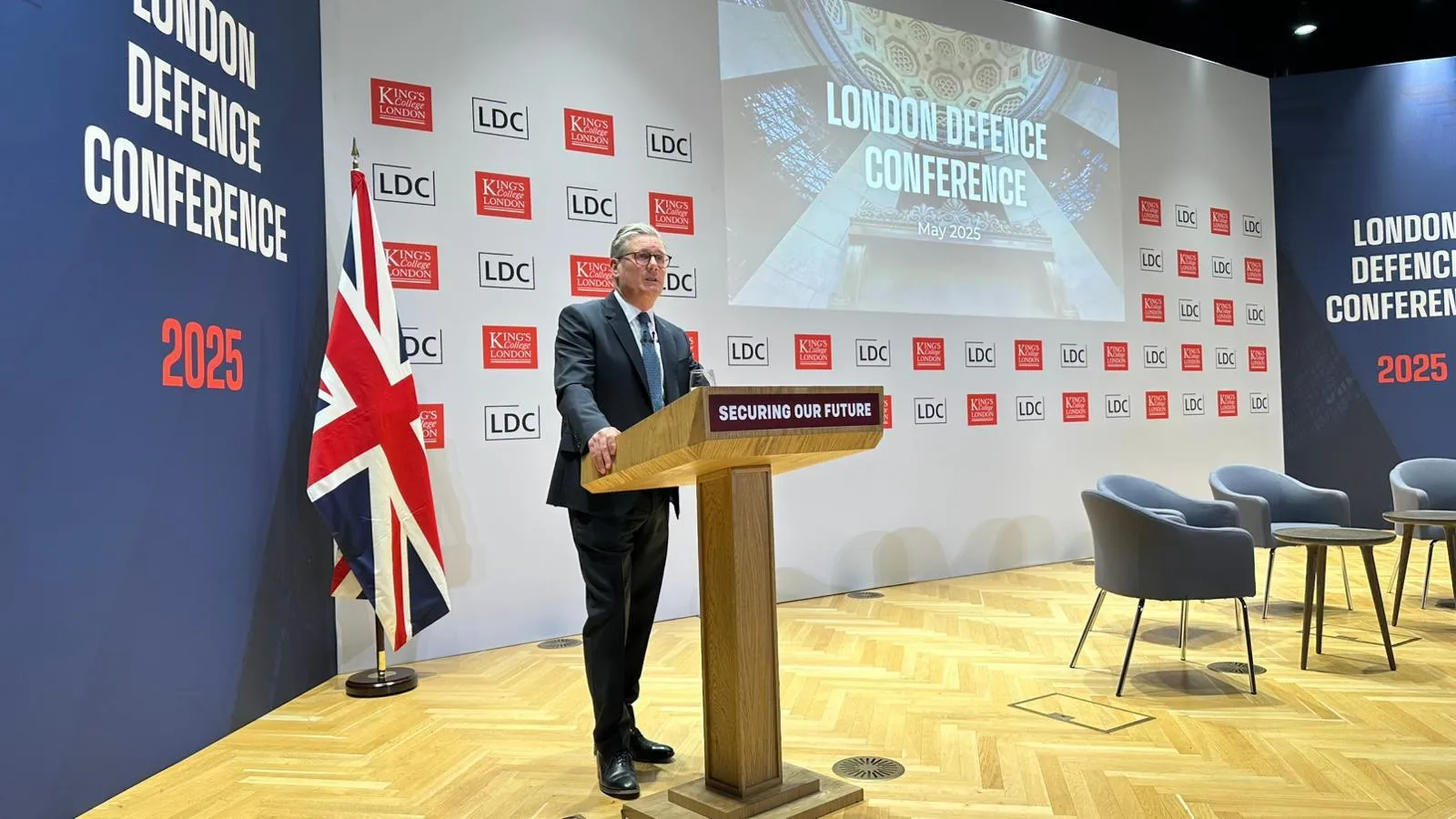
Reflecting on LDC’s 2025 theme of alliances, Vice-Chancellor & President of King's College London Shitij Kapur said: “Victory in Europe Day reminds us of the importance of preserving the lessons of the Second World War as it moves from living memory, with an international system created in the aftermath of this devastating conflagration facing greater challenge than ever before.
“The theme of this year’s conference, alliances, could not therefore be more topical at this time of heightened uncertainty with decades of certainties now being called into question.”
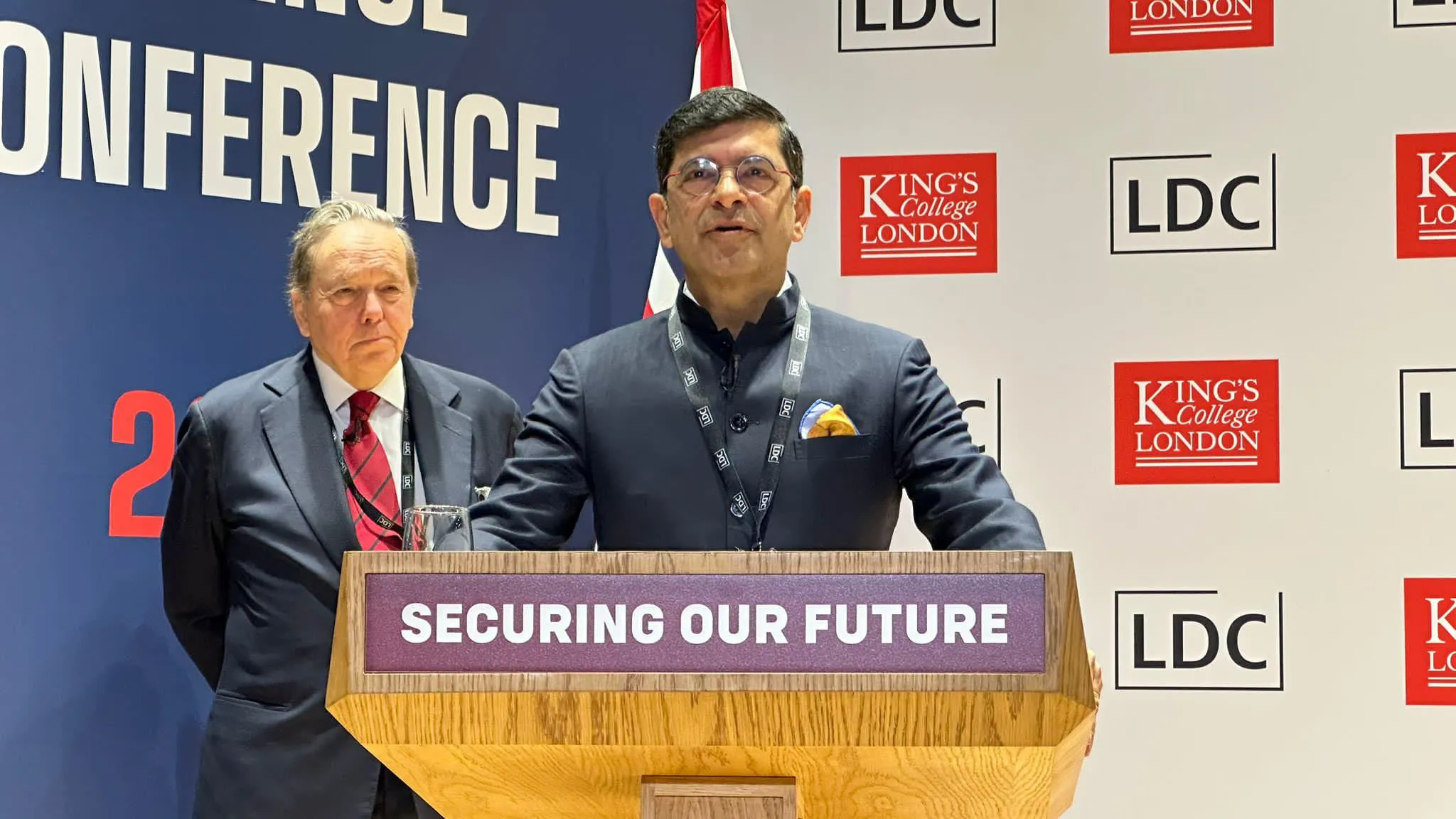
During a spotlight session on Ukraine, Kateryna Chernogorenko, Ukraine deputy minister of defence for digital development and frontline troops, told the LDC audience about a new type of drone software, developed with AI. She said: “It’s a model that uses machine learning… that was built on top of the largest dataset of Russian military equipment. We use this to automatically detect Russian military equipment in real time.
“Now we’re working on a potential mechanism, an international agreement, to be able to share that dataset with our allies. So our allies can use that experience and use that data to grow their capability and, of course, our capability too.”
Panel discussions also provided expert analysis on alliances in the modern world, including what can be learned from history and allies in the age of Trump.
Concluding the first day of the conference, broadcaster Andrew Neil addressed the topic of making military alliances work – after hosting his Times Radio programme live from the event earlier in the day.
How would a NATO largely, but not entirely, without America be organsied. Does the European union try to fill the gap, or is it more likely to be an alliance of willing national states?
Andrew Neil
Hosted by King’s School of Security Studies, the three-day conference promotes debate between friends and allies, through public panels, keynotes and ‘in conversation’ sessions. Offering an opportunity for invitees to hear from high-profile, influential voices, the event encourages global leaders, industry experts, policymakers and academics to examine how multilateral cooperation can address both longstanding and emerging security threats.
King's School of Security Studies is a global leader in the fields of security, defence and war studies and is home to one of the largest multi-disciplinary groups of scholars dedicated to the study of these subjects in all their aspects. The School can trace its antecedents back to the study of Military Sciences in mid-1800s and the establishment of a chair of Military Studies in 1927.
